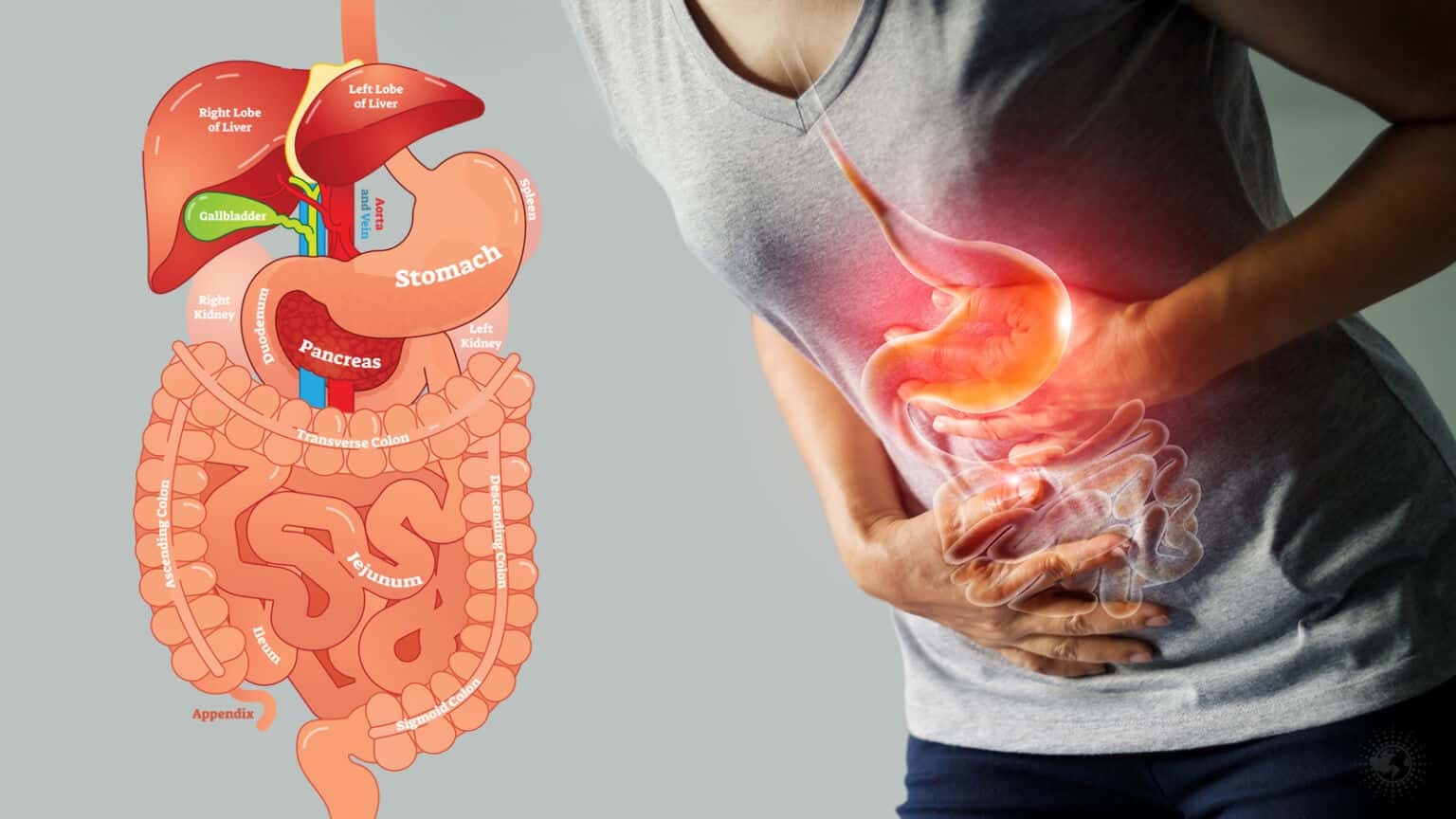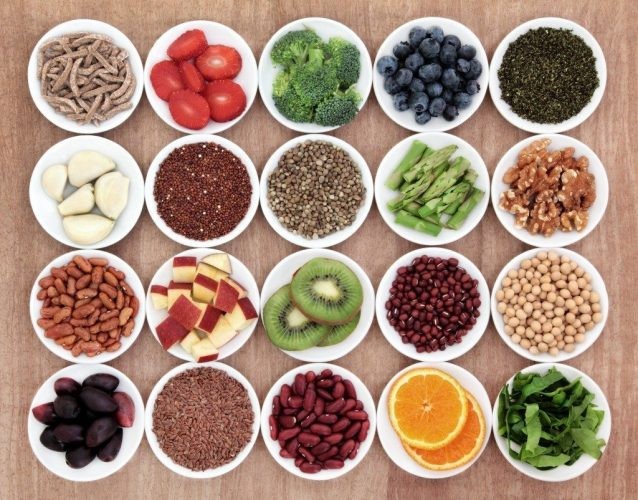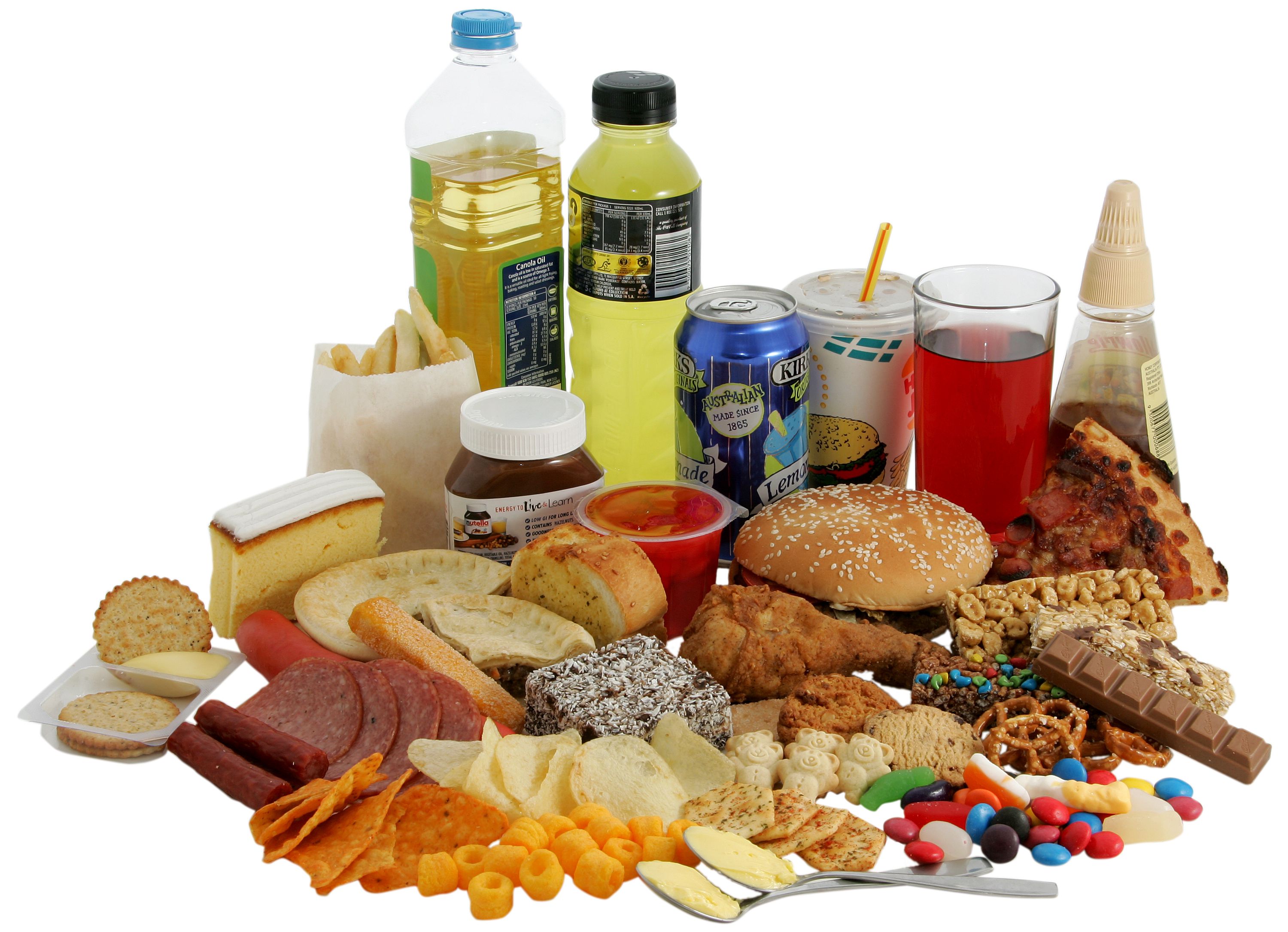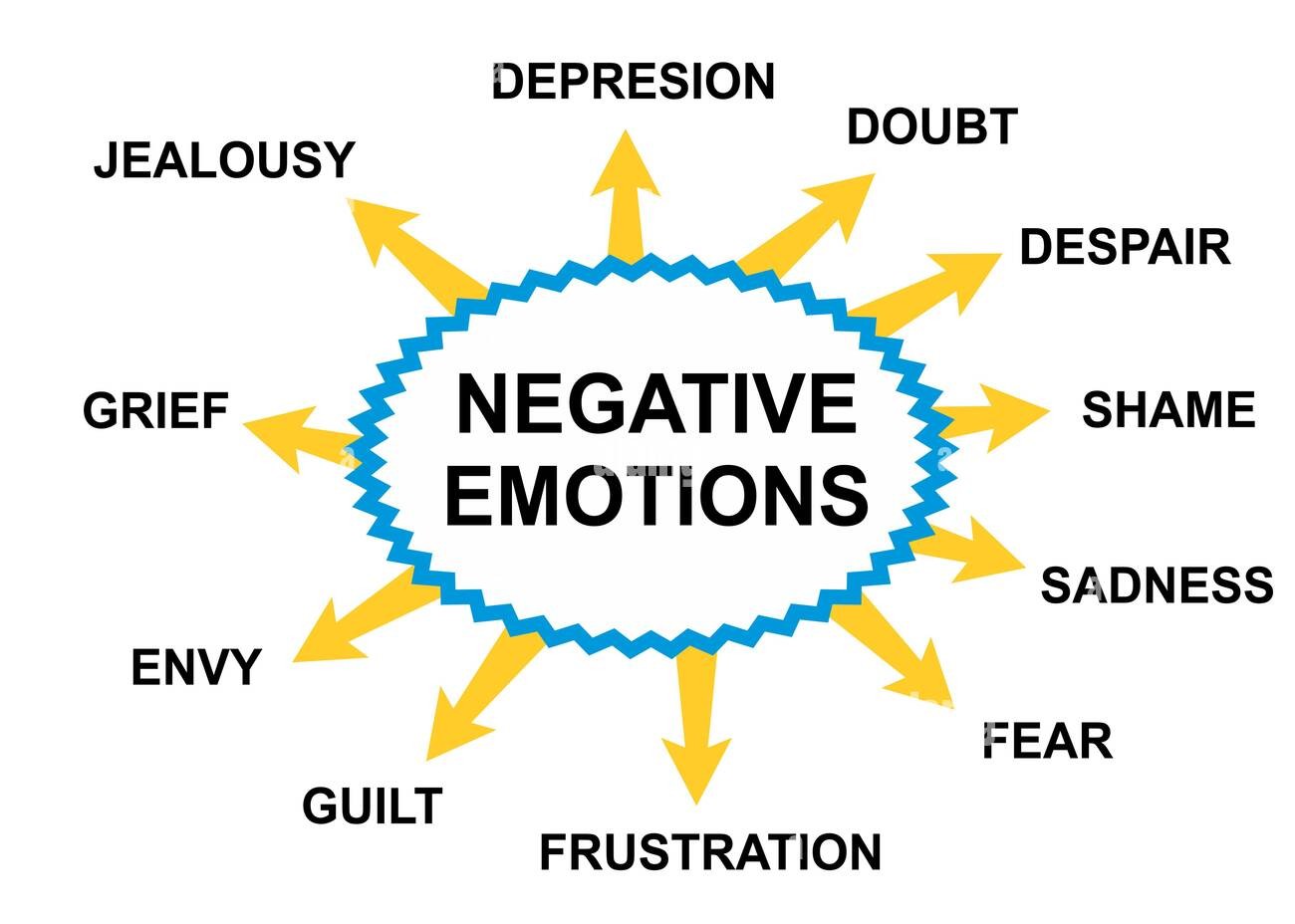How is dampness created or formed?
How is dampness created or formed ?
According to Traditional Chinese Medicine theories, “the Earth element creates dampness and the Metal element stores it.” Earth element refers to the Stomach and Spleen or simply digestive system while Metal element refers to the Lungs and Large Intestine.

For internal dampness, it is usually directly due to the impaired functioning of the digestive system.
With poor digestion, any food that goes into the digestive system will not be fully transformed and assimilated. The food that is not digested will stay in the system and remain as dampness or phlegm.
Since we have mentioned that the Earth element creates dampness and the Metal element stores dampness, dampness that is created like to end up in the Lungs and Large Intestine. When dampness goes into the Lungs, the usual symptoms seen is the presence of phlegm while coughing. This is especially prominent after the person eats something that is inherently difficult to digest such as milk shake, other cold dairy products, greasy foods).
When dampness is stored in the Large Intestine, the usual symptoms seen are mucus-lined stools, loose stools, sticky stools that are hard to clean up, diarrhea with undigested food bits, frequent intestinal rumblings.
So why poor digestion in the first place?
Diet is the main contributing factor for poor digestion. What type of food is eaten, when the food is eaten, how the food is eaten are some of the factors that can determine the quality of digestion for a person. Other contributing factors for poor digestion are emotions , sleep and stress.
1.Diet
1.1What type of food eaten
1.1.1Cold raw foods

Cold raw foods can easily impair the digestive fire or Spleen Yang and cause digestion to weaken. Thus it is harder to fully digest any food given to the system, resulting in indigestion and the transformation of the indigested food to dampness retained in the body.
1.1.2 Heavy, rich, sugary food and dairy products

Heavy, rich, sugary food and dairy products are known to possess the quality of dampness. Taking such foods are literally just introducing dampness directly into the system which impedes and further slow down the digestion to result in indigestion and formation of more dampness over time from other foods.
1.2When the food is taken
According to the Traditional Chinese Medicine Body Clock theory, 7am to 9am is the Stomach time while 9am to 11am is the Spleen time .When food is taken at this time, the food is transformed and assimilated most efficiently. However frequent skipping of breakfast or eating food at the less optimal timings such as late nights will result in the foods not fully digested and in turn retain as dampness and impede the digestion system even further.
1.3How the food is taken
1.3.1Eating too fast and not chewing enough before swallowing can result in over burdening of the Stomach and Spleen. When that happens, digestion is slowed down and obstructed, resulting in retainment of undigested food which will transform to dampness and retain within the body system.
1.3.2Overeating can result in food stagnation which leads to the digestive system not functioning properly. When that occurs, dampness is formed and retained. This gives rise to clinical presentations such as foul belching, sour regurgitation, distention, bloating, pain in the epigastrium and abdomen, loss of appetite, vomiting and diarrhea.
2.Emotions

2.1In Traditional Chinese Medicine, emotions play a big part in the causation of illnesses. This is because emotions are basically energy in motion and Traditional Chinese Medicine honors the role of emotions in health. Each main organ system in Traditional Chinese Medicine has an associated emotion that it expresses. When the organs are in balance, we feel the emotions but do not retain them and hold on to them. When the organs are out of balance, we feel the emotions closely associated to the one organ that is ill more and for longer period of time. This association of emotions and organs is two-way. Therefore when a healthy person constantly feels or displays certain emotion for a prolonged period of time, the emotion can in turn hurt the organ that it is related.
2.2In the case of digestion (Spleen and Stomach), worry and pensiveness are the emotions in close association to the organs mentioned. When someone is in a state of constant worry and overthinking, it weakens the Stomach and Spleen energy as the energy is channeled to fuel the emotions rather than on digestion. Hence poor digestion will start to develop.
3.Sleep

Sleep is necessary to nourish all the internal organs and reenergize for their functioning the next day. When sleep is disrupted or not enough, all organ systems will be affected. Therefore at the Spleen and Stomach, poor digestion will become significant with poor or lack of sleep.
4.Stress

In Traditional Chinese Medicine, stress disrupts qi flow and circulation in the body. With poor qi and blood circulation, all organ systems will not be functioning at their optimum. Spleen and Stomach will be weakened with stress and hence poor digestion ensues.
